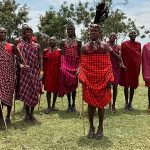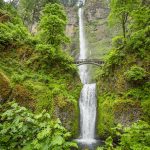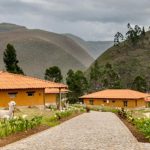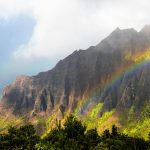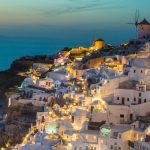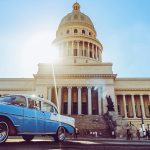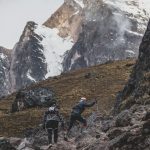Into the wild:
Dr. Jane Goodall on how the travel industry can step up for wildlife
By Ann Ruppenstein
World-renowned ethologist and conservationist Dr. Jane Goodall believes the pandemic can be viewed as a wakeup call for how tourism impacts wildlife.
“It’s very fortunate there’s this pause and rethinking, and I think it had begun before the pandemic,” says Goodall. “As the world got wealthier and more people began to travel, in so many instances they were destroying by sheer numbers the very places that they wanted to go and see because they were wild. Culturally and environmentally, travel was going wrong.”
In order to put animals at the forefront post-pandemic, the founder of the Jane Goodall Institute, who is well known for her groundbreaking research on chimpanzees, suggests tour operators focus on smaller group sizes and spreading travellers around to lesser-known areas so they aren’t overcrowding wildlife.
“One of the things to avoid is more people — the secret is tourism that is controlled. The number of people that are allowed in, and how long they can stay, which is tough, but it has to be limited somehow,” she says. “I think it’s too many tourists getting too close to animals… Sometimes you are fighting the government of a country who doesn’t want to listen to you. ‘Well, I make so much off of 12 tourists, I’m going to make double the money out of 24.’”
Speaking at a session for Retravel Live: Wildlife Deserve a Wild Life with G Adventures’ founder Bruce Poon Tip, Goodall pointed out that travellers can force places with unethical practices to change their animal welfare policies and standards by using their wallets.
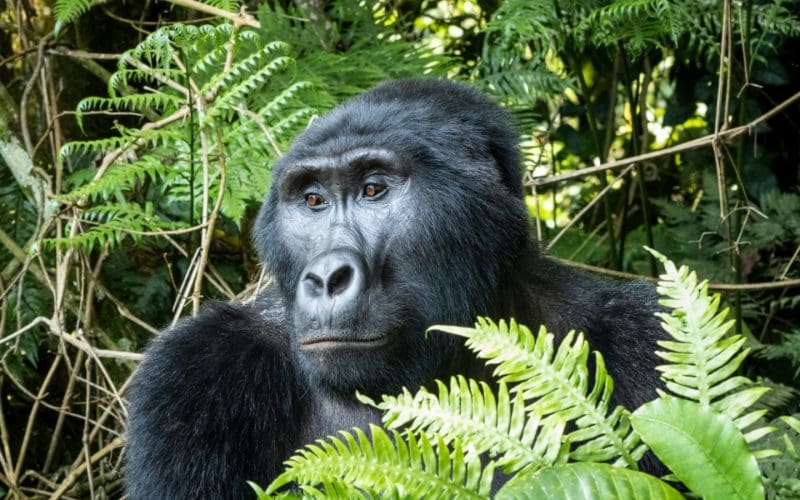
“Tourism can play a major role by saying if you continue to treat them that way, then we’re not going to come and you won’t get our dollars,” she says. “So many operators never talk about the negative side because they want the customer, so they paint a very rosy picture and don’t really tell the people, who might not go if they realize their going would be distressing to the animal.”
Although she advocates for animal welfare, Goodall says it’s the role of tour operators to operate in a responsible manner for wildlife and their travellers.
“For the responsible tourism — one, it takes foreign exchange in, so the central government is happy. Two, it helps to pay the staff and the rangers who can actually protect the animals. Three, there’s no question that the people who go on these tours come back with a passion for helping conservation… So responsible tourism is something that’s necessary and important,” she says.
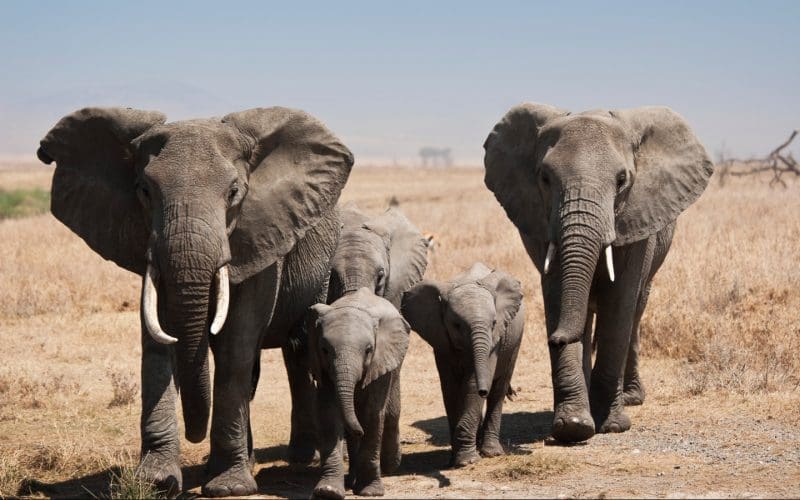
While a lack of tourism has had some positive environmental impacts, Goodall says it has also resulted in an increase in poaching.
“In some places the lack of tourism has indeed led to an increase of poaching in two ways: one, the government or the national parks hasn’t got the revenue coming in from tourism to actually pay the rangers who are there to actually look after the animals. So the international cartels can come swooping in and kill an elephant or a rhino, with very little opposition. Although people are working very hard to get the money and equipment out to those rangers,” she explains. “But the other problem is local people are being paid by tourism, guides, hotels, lodges and so on, and they’re not being paid anymore and they’re going into the parks poaching animals simply to keep alive, to eat.”
“As the world got wealthier and more people began to travel, in so many instances they were destroying by sheer numbers the very places that they wanted to go and see because they were wild. Culturally and environmentally, travel was going wrong.”
Dr. Jane Goodall
Addressing the current pandemic, Goodall says it has put a spotlight on how humans have mistreated and disrespected animals and the environment.
“We have brought this pandemic on ourselves by forcing animals into contact with humans as we destroy their habitat, hunting them, eating them, killing them, trafficking them, selling them for food, for medicine. Exotic pet trade, selling them for their skins,” she says. “And factory farms for domestic animals. All of these situations create the perfect conditions for a pathogen, like a virus, to jump from an animal to a person.”
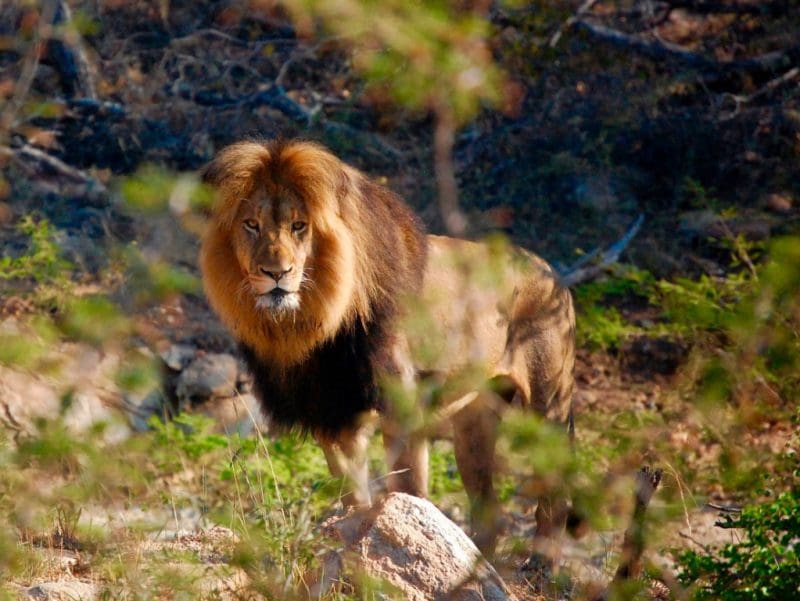
Although awareness has gone up, Goodall believes a feeling of helplessness is preventing more people from doing something in support of wildlife and the environment.
“I think the reason that more people aren’t rolling up their sleeves and doing something is a feeling of helplessness,” she says. “Like our Roots & Shoots program, if you get together with your friends, and it doesn’t have to be children, it can be adults and you think what can I actually do where I am here, now? Okay, I can clean the stream, I can raise money for refugees, there’s all kinds of things I can do. Get involved in something you’re passionate about and realize it’s making a difference then you dare think globally.”
Meanwhile, Poon Tip issued a personal challenge to the travel industry to help spread Dr. Goodall’s messages.
“Jane’s work is a legacy, the work she has done for the last 60 years, and it’s important we all carry that message now. The messages of peace and hope and the connection between wildlife and conservation. We’re all part of this planet, we have to share it and it’s about equality for all living beings,” he says. “I challenge everyone to find three or four people and share that message. We are more powerful as a community and we can carry her message and help her legacy be known in our own communities.”
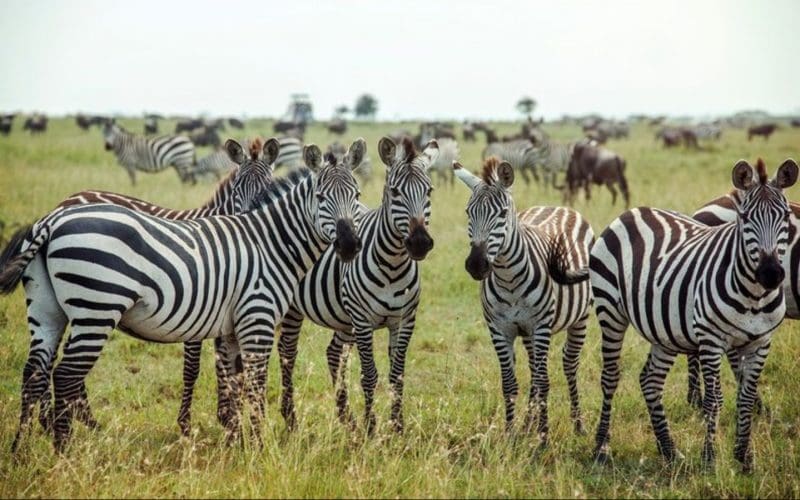
Before concluding with the sound of a chimpanzee call from Gombe National Park, Goodall reminded travellers to “Never forget that every single day you live you make an impact on this planet and you have a choice as to what kind of impact you make. Every day, what choices you make, what you eat, buy, wear.”
Jane says! Rapid fire questions
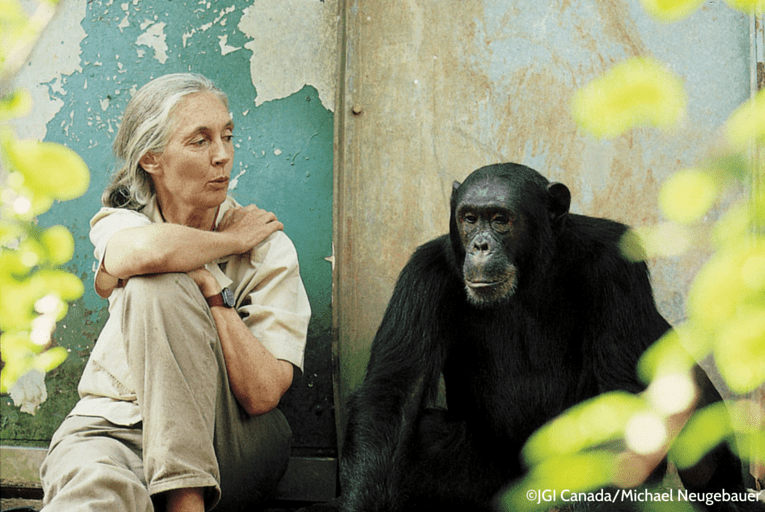
What's your favourite movie?
Lord of the Rings. I have to say a new one, The Octopus Teacher — it’s absolutely unbelievable.
What kind of music do you listen to?
I like listening to classical music, good old Beethoven, Mozart.
Three people dead or alive you’d like to have dinner with?
I’d like to have dinner with Mahatma Gandhi, with the living Pope, and my grandfather, who sounded amazing but was dead before I was born.
What’s your favourite place to go on vacation?
What do you mean vacation? Honestly, since 1960 I haven’t actually had a vacation.
Is there any place you want to go next?
I want to find out next what happens after I die because either there’s nothing, which is that’s the end, or there’s something and if there’s something, which I happen to believe there is, then what an amazing adventure.
Who inspired you?
When I grew up it was war time, there was no TV invented so my heroes were in books. Dr. Doolittle, Tarzan. A huge mentor was my mother. But my greatest teacher of all time who really helped me stand up to the professors at Cambridge who told me I couldn’t talk about animals having personalities, minds or emotions, the teacher who encouraged me to have the courage to stand up against them was my dog Rusty. If you share your life in a meaningful way with a dog, a cat, a guinea pig, a rabbit, a horse, a pig, a rat, you know we are not the only beings with personalities, minds and emotions.
"Never forget that every single day you live, you make an impact on this planet and you have a choice as to what kind of impact you make.”
Dr. Jane Goodall
Into the wild with G Adventures
G Adventures has updated its Jane Goodall Collection of wildlife-friendly tours for 2021. Launched in 2016, this program of 20 trips was built in conjunction with the Jane Goodall Institute of Canada and the collection is endorsed by Dr. Goodall. Trips that are new to the collection are:
Alaska Journey – 10 days, priced from $4,999pp
Borneo – East Sabah Adventure – Eight days, priced from $1,499pp
Galapagos Multisport with Quito – 10 days, priced from $3,349pp
Galápagos – West and Central Islands – 10 days, priced from $8,399pp
Masai Mara & Gorilla Adventure – 12 days, priced from $5,599pp
Tanzania Safari Experience – Seven days, priced from $4,549pp
Tanzania Camping Adventure – Six days, priced from $2,299pp

